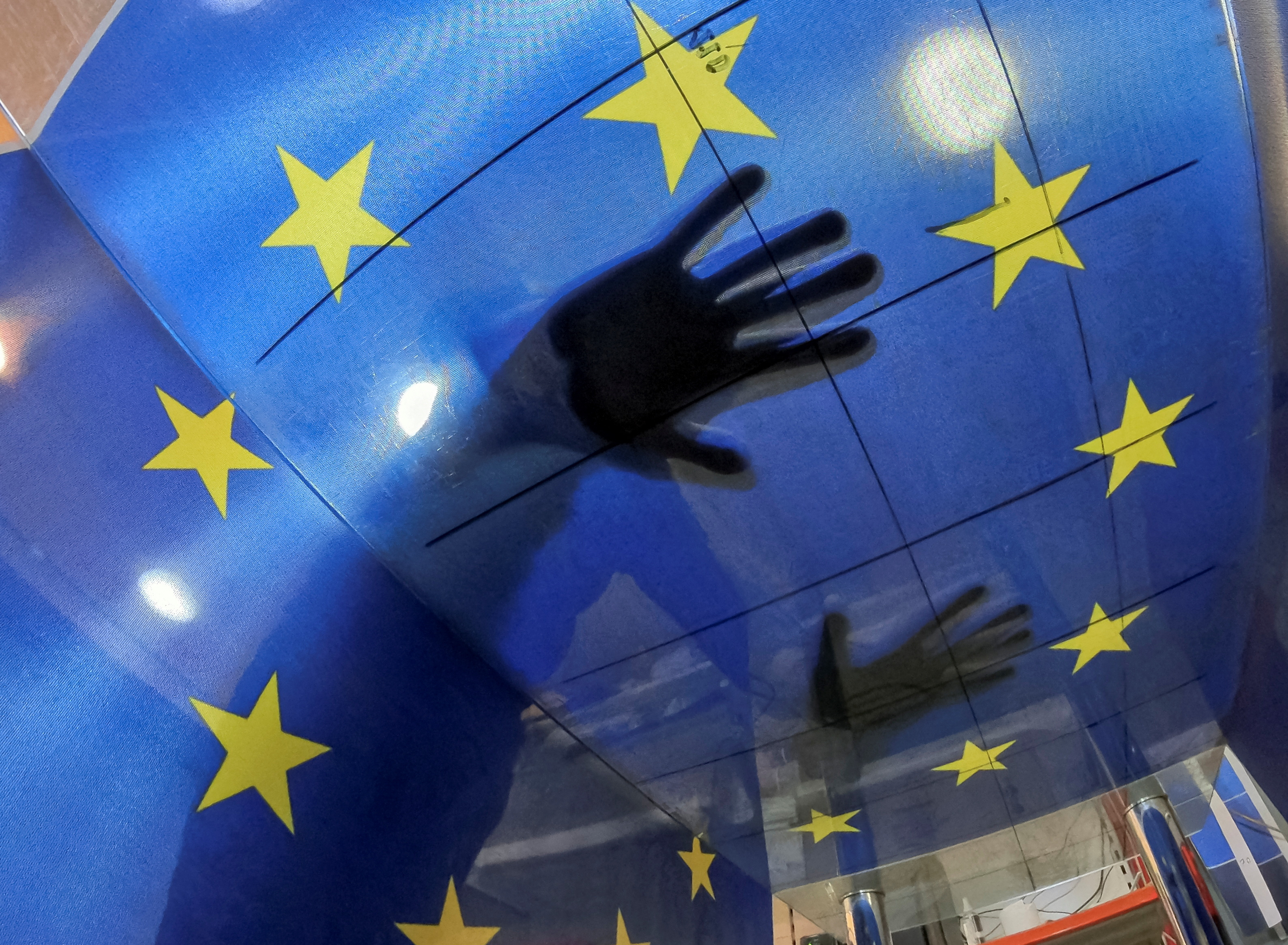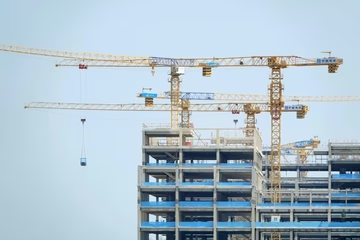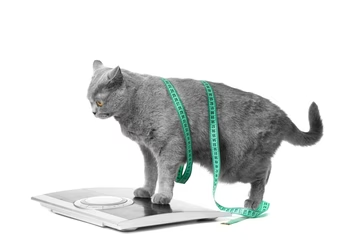EU ambassadors: BiH has been made a promise – the coming weeks will be crucial

After the recent decision of the European Council on the status of Bosnia and Herzegovina and its path to integration into the European Union, Head of the EU Delegation in Bosnia and Herzegovina, Ambassador Johann Sattler, Ambassador of the Kingdom of Spain in Bosnia and Herzegovina María Teresa Lizaranzu Perinat and Chargé d'affaires of the Embassy of Belgium in Bosnia and Herzegovina, Benjamin Sturtewagen wrote a joint op-ed, announcing that the coming weeks will be crucial for BiH. Read the full text below.
Whether it is Roman mosaics from Butmir, BiH’s rich Sephardic history, Austro-Hungarian architecture across the country that fuses Central European and South-Eastern European styles, or the more modern appearance of a mural by BiH artist Rikardo Druskic. in the heart of Brussels, Bosnia and Herzegovina is indisputably part of Europe’s cultural heritage going back centuries. It is now time to make sure it becomes part of the European Union.
The European Council’s decision last week to recommend the opening of accession negotiations with Bosnia and Herzegovina once the necessary degree of compliance with the membership criteria is reached was significant. European Council conclusions are the binding word of 27 Heads of State and Government of the EU. What the European Council’s decision represents is a promise that accession negotiations will be opened, once Bosnia and Herzegovina does its part.
People in Bosnia and Herzegovina should know that there is total unity among the 27 member states about the principle that this country should join the European Union. Those that claim that one or other country is against Bosnia and Herzegovina joining the EU are flatly wrong. The EU was founded as a peace project, and bringing Bosnia and Herzegovina into the EU would be hugely significant and a key moment for the EU project.
Divergence between member states on the issue of Bosnia and Herzegovina – as expressed in publicly available statements and documents – is more a matter of tactics. Some argue that encouragement is more effective, while others have advocated for a ‘tough love’ approach to reform. This is also a debate going on within Bosnia and Herzegovina, with some accusing the European Union of not being strict enough, while others accuse us of setting the bar too high.
Importantly, the standards that BiH needs to meet also will not change. While geopolitical changes have forced the EU to think more strategically and flexibly about how to provide incentives for aspirant member states, the EU’s legal canon of tens of thousands of legislative acts will always need to be transposed into domestic laws before any country joins the EU.
Thus, we have two constants. One is the EU’s unequivocal support for Bosnia and Herzegovina’s place in the EU. The second is the unchanging fact that EU membership comes with standards and obligations Bosnia and Herzegovina will need to meet. The European Council requested that the Commission reports again on Bosnia and Herzegovina by March with a view to assessing whether BiH has achieved the necessary level of compliance to open accession negotiations. The coming weeks will therefore be crucial.
The Commission’s reports adopt a balanced, objective and holistic approach that takes many factors into consideration. It is therefore impossible to say simply and categorically that if Bosnia and Herzegovina does x, y, and z, then a recommendation to open accession negotiations will follow. Nonetheless, it is also clear that adopting important reforms in the next few weeks will help Bosnia and Herzegovina’s case for opening accession negotiations, while other actions will hurt it.
Adopting the Law on Conflict of Interest, the Law on Courts and legislation on e-signatures in line with European and international standards would all strengthen the fight against corruption, build greater legal certainty, improve the business climate and provide some good arguments that Bosnia and Herzegovina is making progress on the 14 key priorities.
Conversely, backsliding on fundamental freedoms will weaken the case for Bosnia and Herzegovina. We have strongly urged the Republika Srpska authorities to withdraw the draft legislation on ‘foreign agents’.
Two years ago, it was unimaginable that Bosnia and Herzegovina would receive candidacy status for full membership in the EU and subsequently a conditional recommendation to open accession negotiations.
In just over two years, Commission President Ursula von der Leyen has visited Bosnia and Herzegovina three times. At the last European Council, the Growth Plan for the Western Balkans was approved, allocating a new €2 billion in grants and €4 billion in loans for the region. This is on top of the Economic and Investment Plan (EIP) for the Western Balkans which has made €9 billion in grants available, facilitating €20 billion in other investments. Only last Thursday, under the EIP, the European Commission announced two new wind farms in Bosnia and Herzegovina worth €63.6 million – one on Vlasic, and one in Poklecani. Money from the €70 million Energy Support Package that supports vulnerable families in Bosnia and Herzegovina has already reached households in Republika Srpska, while in the Federation the money will be paid in the coming weeks.
Those who argue that the EU is not interested in having Bosnia and Herzegovina as a member should take a second look at the money, energy and time the EU is investing in supporting this country on its path to becoming an EU member state. But we cannot want Bosnia and Herzegovina to become an EU member state more than political leaders in this country. The next few weeks should be used well.
Kakvo je tvoje mišljenje o ovome?
Učestvuj u diskusiji ili pročitaj komentare





 Srbija
Srbija
 Hrvatska
Hrvatska
 Slovenija
Slovenija



























































